How Do I Know If I Passed My Background Check? [Explained]
5 min. read
Published on
Read our disclosure page to find out how can you help MSPoweruser sustain the editorial team Read more
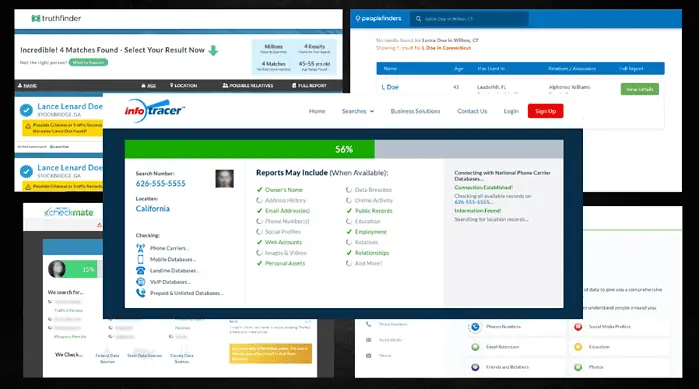
How do I know if I passed my background check? It’s a legit question to ask and it’s normal to be worried about the results.
However, getting them can be delayed for multiple reasons, depending on the depth of the search.
Continue reading to find out how long a background check takes and how to know if you’ve passed yours.
How to Know If You’ve Passed a Background Check?
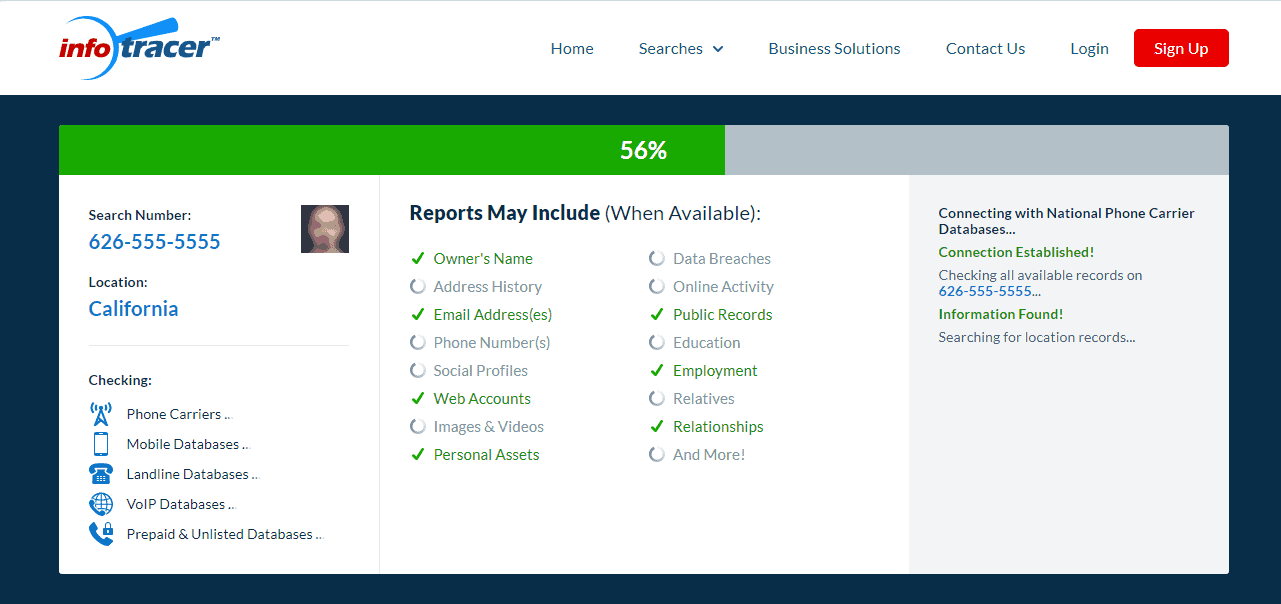
If you’ve been subjected to a background check as part of the pre-employment process, you should get a notification from your employer about the check results, telling you whether or not you passed.
When there’s no notification, you can contact the recruitment manager directly, asking about the result.
This opens a communication channel and allows for a dialogue in case they need you to clarify certain things.
Hence, you shouldn’t be scared when your employer calls you, asking about a certain part of the check results. That means they need you to explain things and clarify such issues.
However, in the clarification process, be open and clear their doubts while also satisfying their curiosity.
It’s important to be truthful and honest while providing the necessary documents to back your claims, as lying may just ruin everything.
According to the Fair Credit Reporting Act (FCRA), if the result of your check disqualifies you from a position you’re applying to, you’re entitled to get a copy of the report from the employer.
Alternatively, you can contact the background check company directly. They’ll provide detailed information, whether you passed or otherwise, and the issues, if any, with your background check report.
How Long Does a Background Check Take?
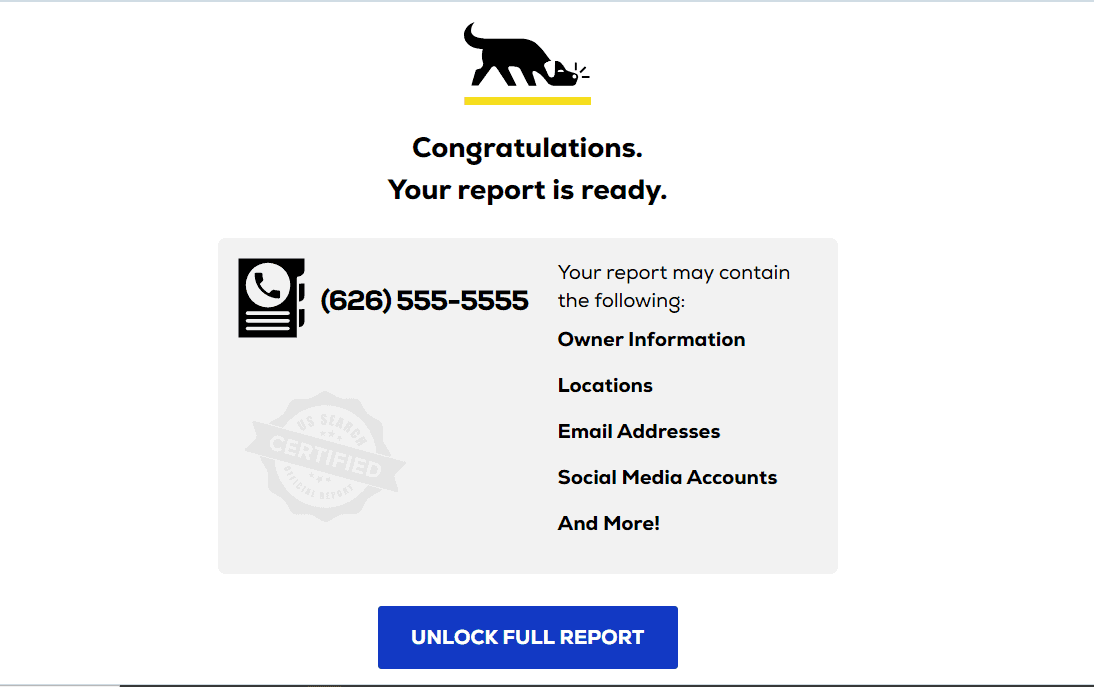
On average, pre-employment background checks can take anywhere between 3-5 business days. In some cases, it may take up to a week (7 business days), depending on the depth of the search and the sensitivity of the position you’re applying for.
Pre-employment checks typically include reviewing references, education verification, licensing and certifications, criminal records, dark web searches, court and civil records, past employment history, and more.
The truth is that the time a background check takes to complete differs from one to the other. This is because of the factors involved, some of which include:
- The types of checks and searches conducted
- The service provider used, the job position in question
- The available record databases, court closure, and more.
Additionally, background check results can be delayed due to confusion over name (when there’s a result with too many profiles answering the same name). This requires patience as each profile needs to be carefully vetted and analyzed.
What to Do If You Fail Your Background Check?
If you fail your background check, you’re entitled to get a copy of the report. Below are some steps you need to take:
1. Review the Report You Were Given for Any Inaccurate Information.
Take your time with it and make sure everything checks out. Employers are legally bound to give you time to review the report carefully.
2. Contact Your Employer or the Background Check Provider and Dispute the Results
This step is only applicable if you’ve found inaccurate information after reviewing the report.
You can contact your employer directly, informing them of the inaccuracies while requesting to know the company that provided such inaccurate information.
When you contact the service provider, ask it for a review of the information they have to ensure clarity.
3. Address the Issues Highlighted in the Background Check Report
If all the information recorded in your report is correct, you need to actively address the red flags in your report before applying for another job. This will help you avoid getting rejected from other opportunities.
You can use ban-the-box laws if you were not hired based on your criminal record, provided your state has such. These laws suggest that an employer considers a candidate’s qualifications first, not their criminal history.
Alternatively, you can take legal steps to inquire if those records can be sealed or expunged. If not, an attorney should be able to guide you on other avenues you can explore to have the issues fixed.
Also, if you’ve had a rough past dealing with money, and you failed your checks because of that, make sure to take practical steps to repair and boost your credit, as this will help you get a job, especially if the role is finance-related.
Summary
When it comes to employment, background checks play a huge role in whether you’ll be employed or not. This is why it’s best to have a clear resume that details an impressive history.
If the report is taking too long, you can always reach out to the employer that conducted the search or the company that was used.
However, if you’ve failed the checks, using the steps mentioned above can help you fix things. And if you’re daring enough, you can schedule a meeting with the employer or recruiter, convincing them of your suitability for the job.



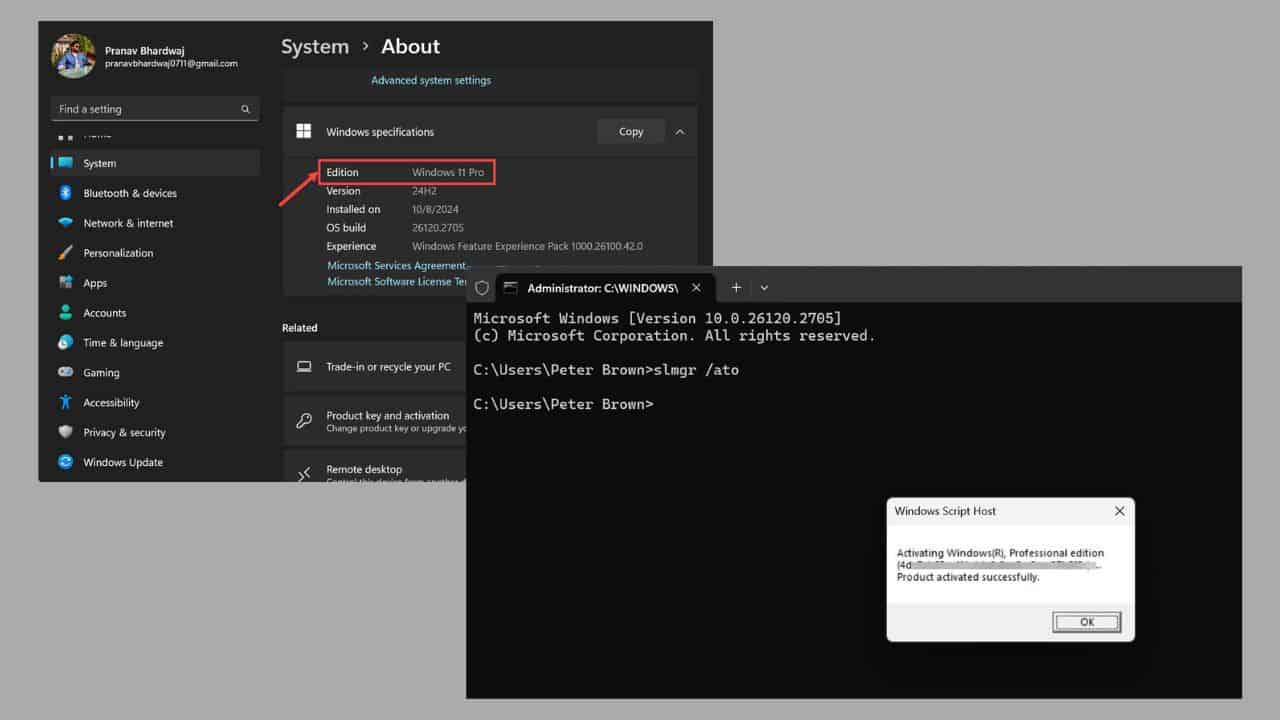

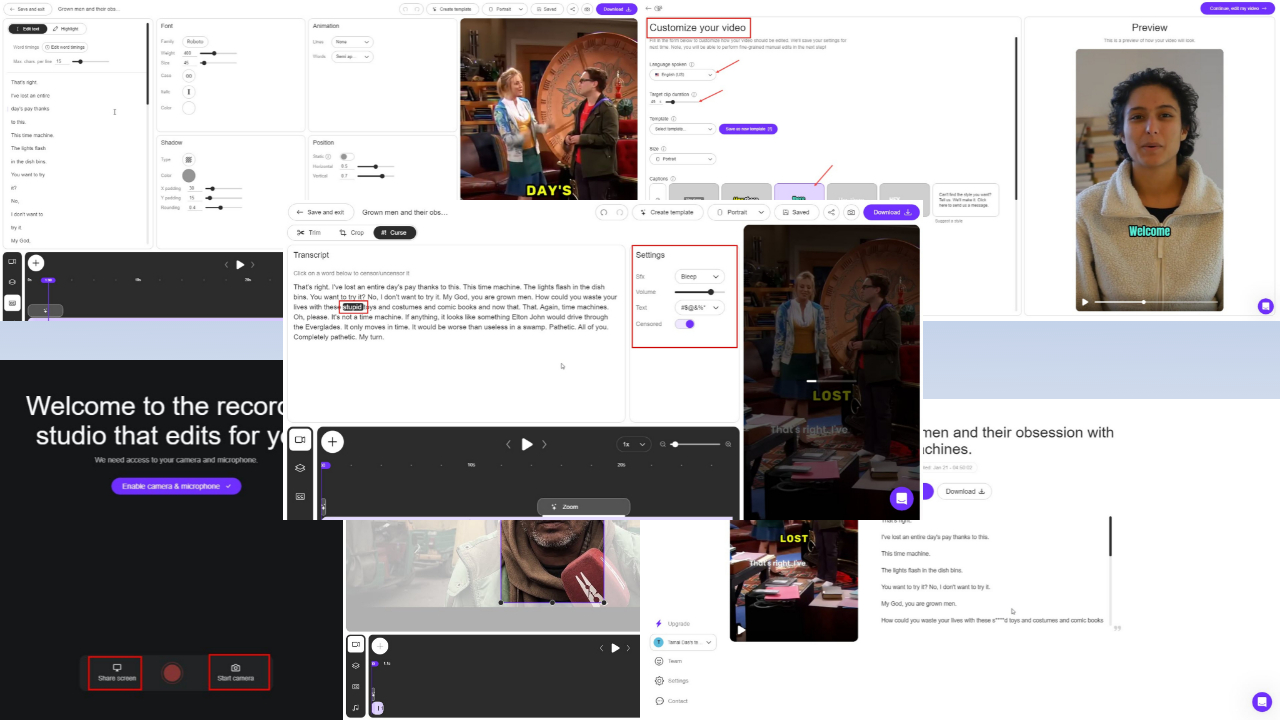
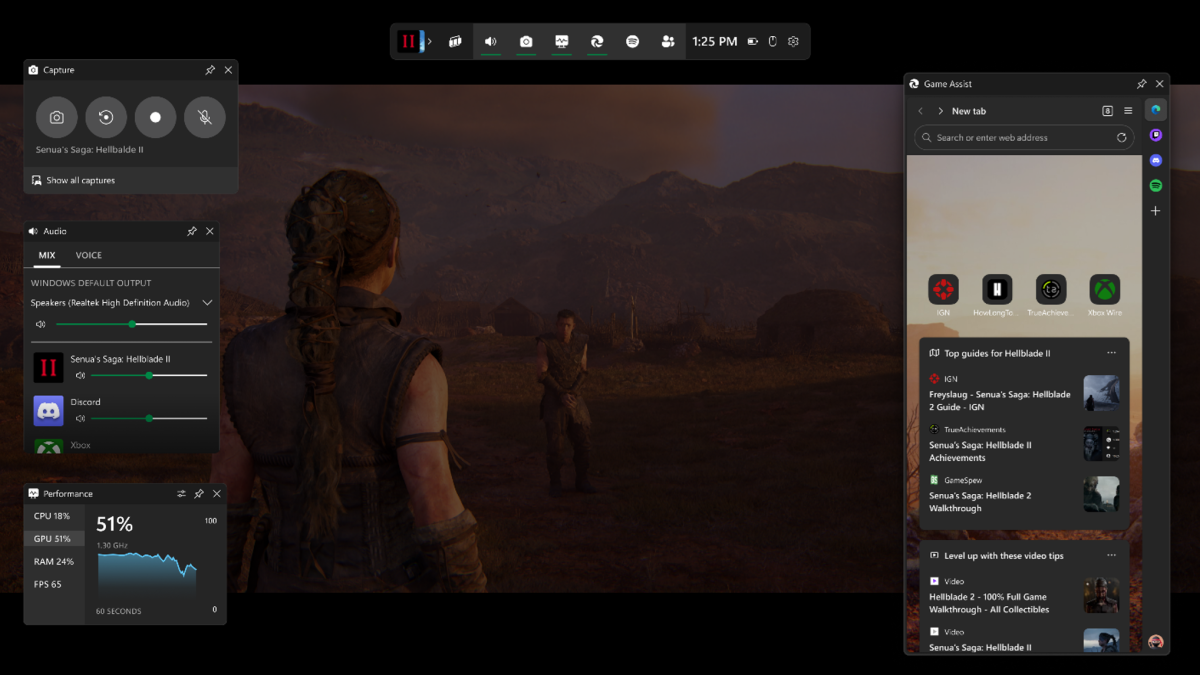

User forum
0 messages